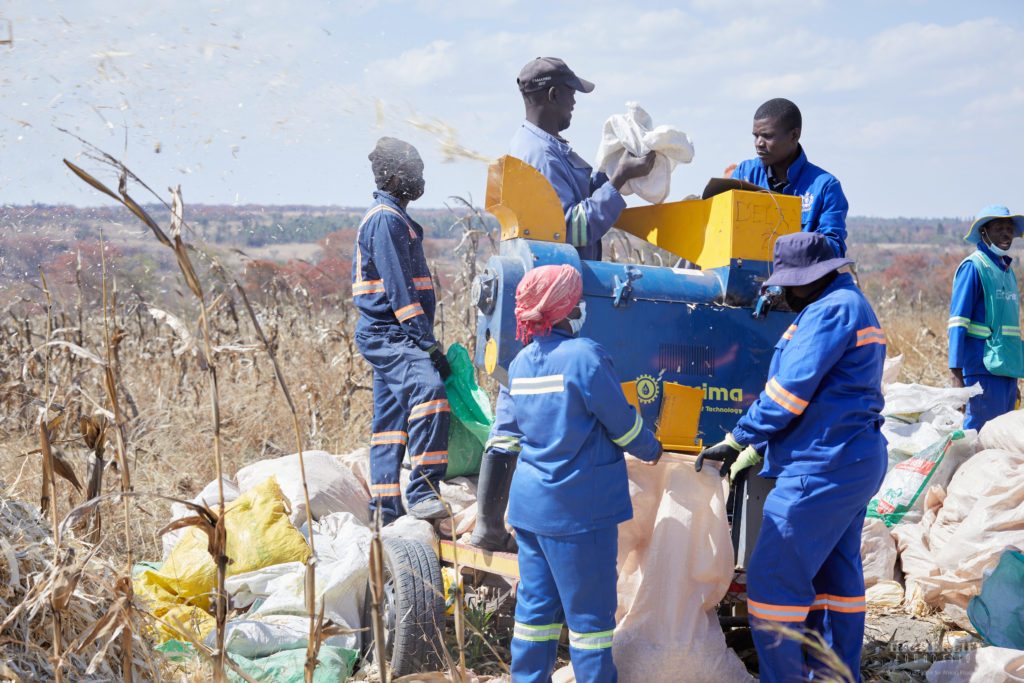
Our Reimagine Rural Agriculture has just come out of a successful season. Their good relationship with the Government has been singled as one of the key drivers of the progress recorded.
They shared a few lessons they learnt from working closely with the Government. Below are some of them:
Understand where there is a need and collaborate
We learnt that there is need for conversation with Government and authorities to ascertain where there is need to avoid duplicating efforts. We also see which pre-existing resources we can leverage.
In doing so, we remain mindful of our goal to combat extreme poverty, food insecurity, and stunting in Zimbabwe by addressing substandard farming practices in rural communities.
We have managed to surpass our targets because of the support from the Ministry of Agriculture, Provincial leadership and Agritex officials in all three districts we are operating in.

Engage all government departments in your area of operation.
When operating in an area, work with all government departments. This is the approach we took, where we worked with everyone from the Ministers of State for Provincial Affairs and Devolution, Members of Parliament, Councillors, and District Development Coordinators. This makes it easy to achieve project buy-in from all stakeholders. We gained buy-in, and their continued presence at our events evidenced this.
Stick to what is agreed upon
Government is easy to work with as long as we follow what we agreed in MOUs; they need to be updated on project progress in the form of monthly reports and courtesy calls.
There should be research and documentation of Climate Smart Agriculture stories.
There is a need for continued research and documentation of climate-smart agriculture success stories to inspire and influence the adoption of the farming practice on a broader scale. This can inform critical decision-making and clearly outline the potential impact of climate-smart farming technology towards ending poverty, malnutrition and achieving food security.
Compiled by Munyaradzi Manenji – Senior Associate Special Projects (SBU)


